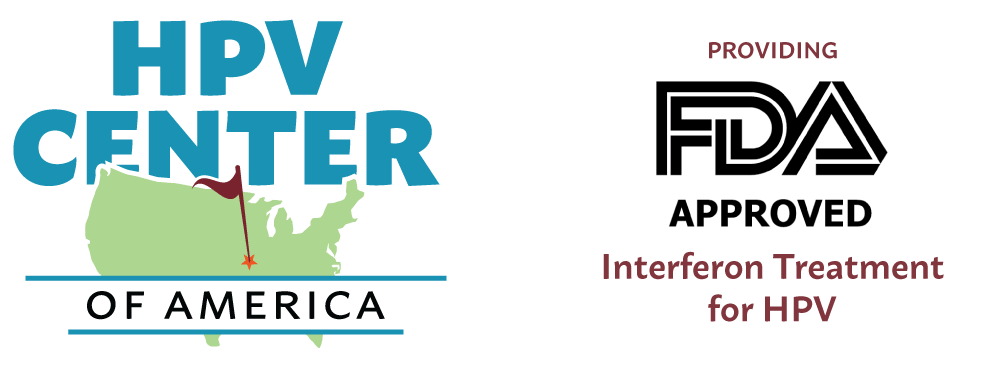Over 8,500 people in the United States were newly diagnosed with anal cancer in 2018. About 1,100 people died from this type of cancer in the same year. Though anal cancer is rare compared with many other types of cancer, the number of new cases has been rising every year. Anal cancer is a very serious condition, but it can be effectively treated if detected.
Like other cancers, anal cancer begins when the cells start to grow out of control. There are many types of abnormal cells that can develop in the anal canal or in the area around the anus. Many growths are benign. However, some are pre-cancerous, also referred to as anal dysplasia; it is important to find these cells before they develop into anal cancer.
The anal pap smear is the method of screening in which cells are scraped from the wall of the anal canal for examination to detect abnormal cell growth. The process is similar to the cervical pap smear, which is part of the routine screening practice for women, a procedure that has led to a drastic decline in the incidences of cervical cancer over the years.
Should you consider talking to your doctor about an anal pap smear? If one or more of the following reasons apply to you, the answer is yes.
- HPV infection. Most anal cancers are linked to an HPV infection. People who have experienced anal warts and other external symptoms are more likely to be infected with the types of HPV that cause anal cancer.
- HIV infection. The correlation between HIV and HPV are strong, largely due to the immune system suppression caused by HIV. Therefore, individuals with HIV are more likely to be infected with the types of HPV that cause anal cancer, even if symptoms are not present.
- Cervical or Vulvar cancer. Women who have had cancer of the cervix or vulva have an increased risk of anal cancer and should be screened regularly.
- Sexual behavior. Multiple sexual partners increase the risk of HPV infection and anal, penile and cervical cancers. Participating in anal sex also increases the risk of developing these conditions.
- Abnormalities in the genital area or mouth. Any symptoms or skin abnormalities should be discussed with a physician, along with a thorough discussion of sexual behavior that could contribute to risk for HPV.
- Use of drugs, alcohol or tobacco. While use of these substances is not a sole reason to schedule an anal pap smear, this behavior is considered a risk factor for anal cancer and may increase the odds when paired with other risk factors.
When these circumstances are present, the chance of developing anal cancer warrants regular screening for abnormal cell development. Honest, open communication with a qualified medical professional is essential. If these risk factors apply to you and your doctor has not recommended an anal pap smear, do not hesitate to approach the subject. Early detection saves lives!



